
- HOME
-
SHREDDERS
SHREDDERS
With a CE certificate and 8 patents, ENERPAT shredders are of high quality, durability, reliability, and efficiency. More importantly, all ENERPAT shredders are user-friendly to control and maintain.
-
SOLUTIONS
SOLUTIONS
ENERPAT provides a full range of equipment to meet different needs of shredding and recycling, from which customers can select suitable machines for their purpose and convert their waste materials into profitable products.
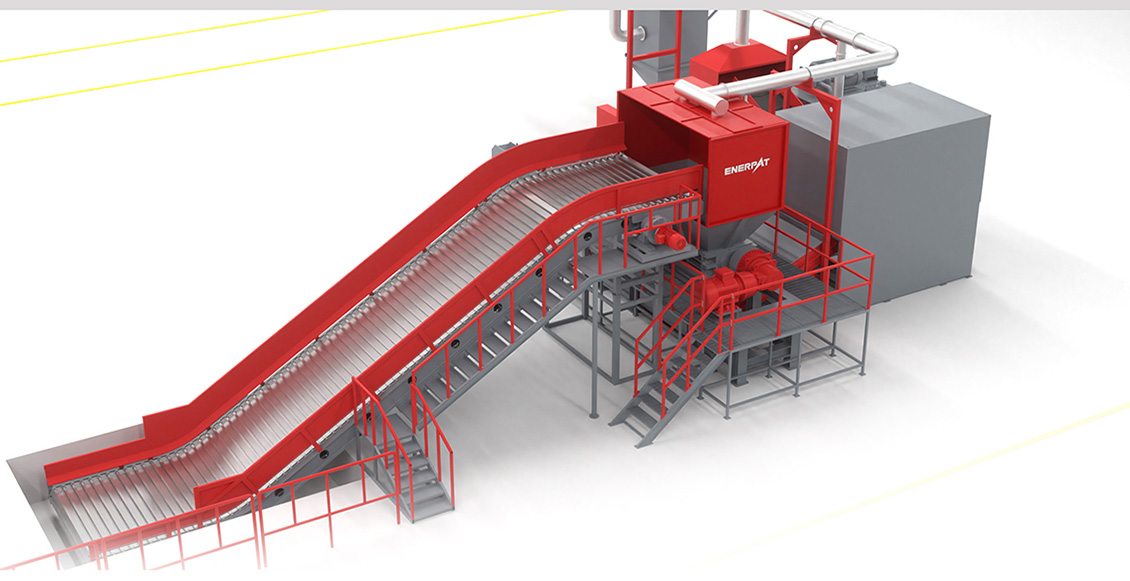 Oil Filters Recycling Line
Oil Filters Recycling Line
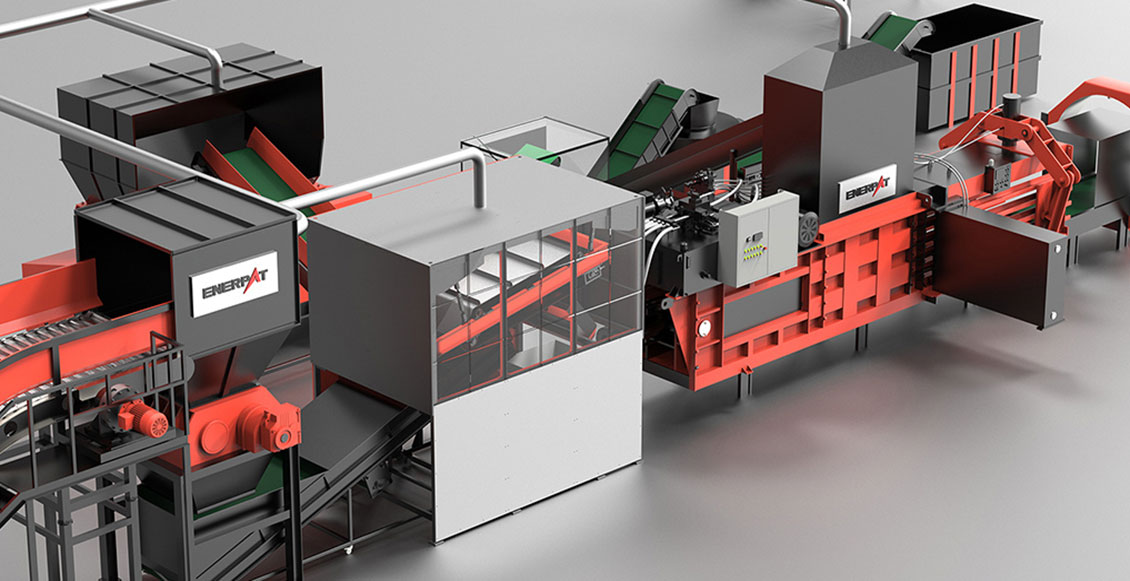 Pocket Coils Shredding and Sorting Solution
Pocket Coils Shredding and Sorting Solution
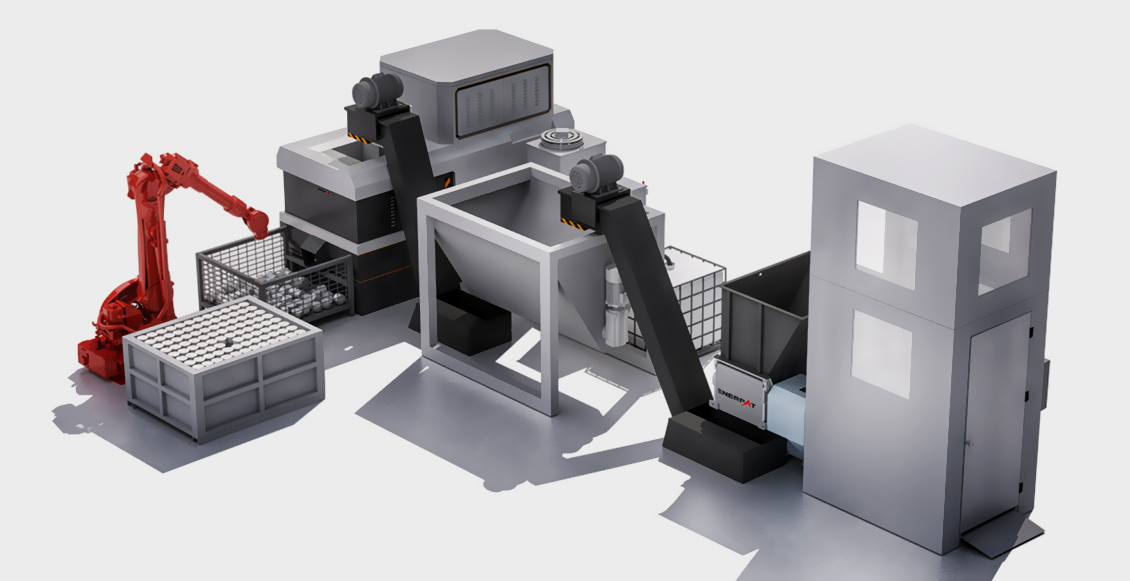 Disposal Solutions for Scrap Metal Chips
Disposal Solutions for Scrap Metal Chips
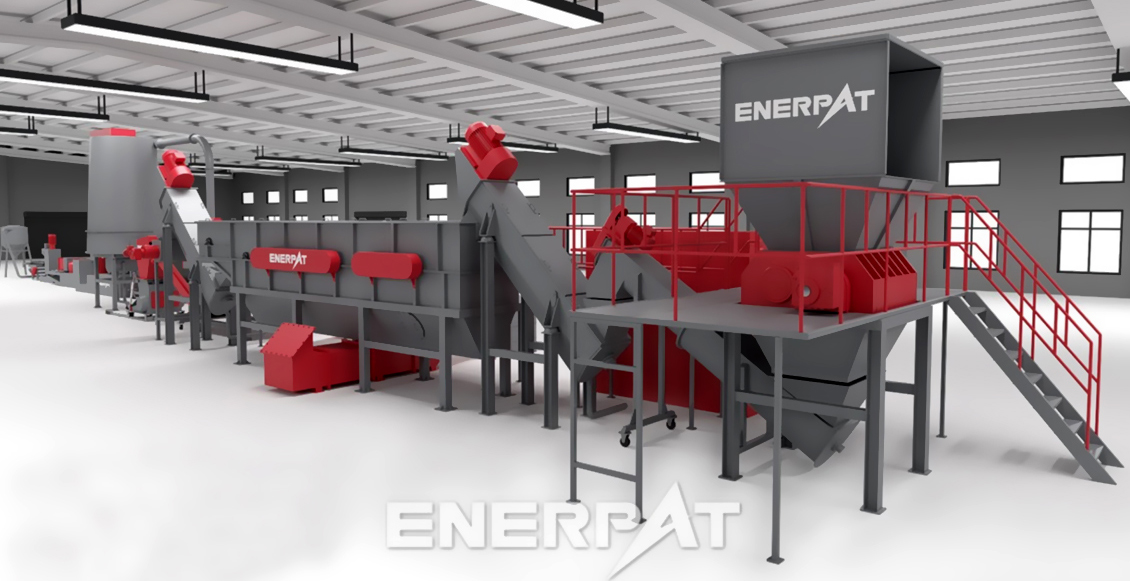 General Industrial Waste Recycling Solution
General Industrial Waste Recycling Solution
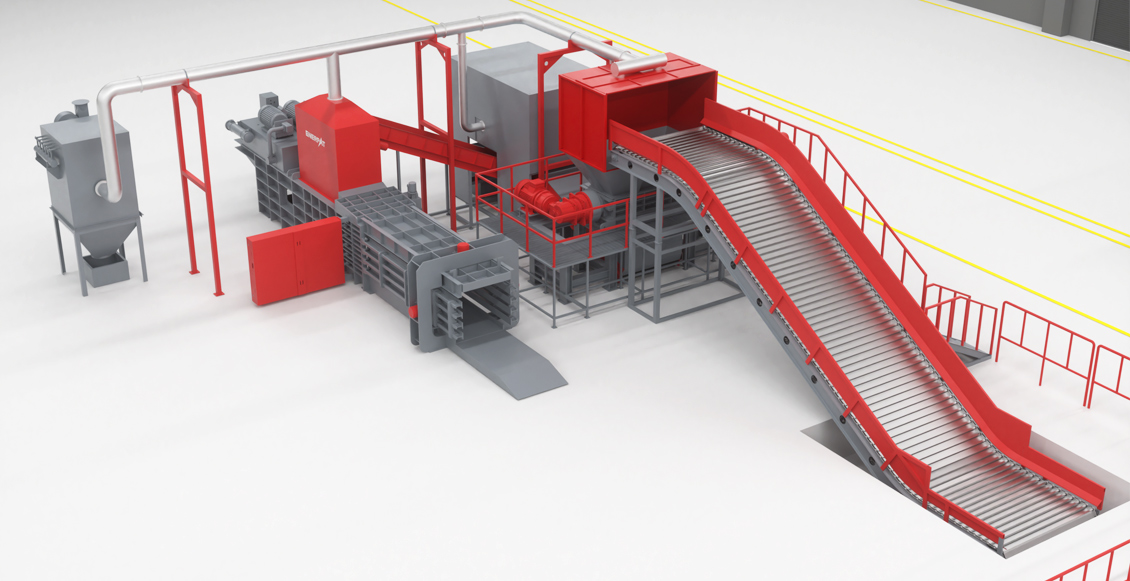 Bulky Waste Recycling System
Bulky Waste Recycling System
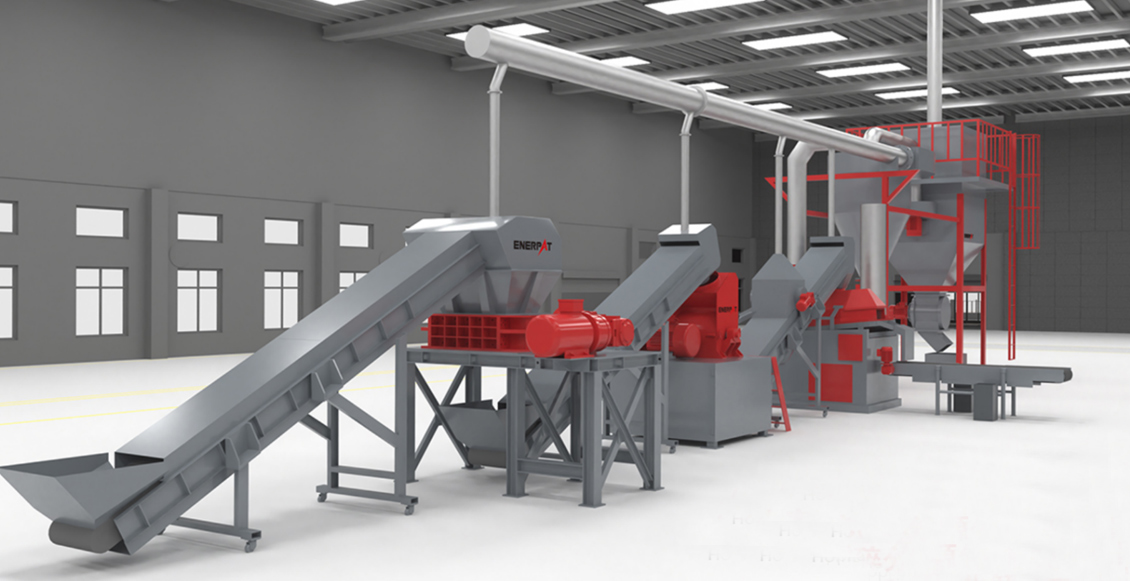 Home Appliances Shredding and Sorting Recycling Solution
Home Appliances Shredding and Sorting Recycling Solution
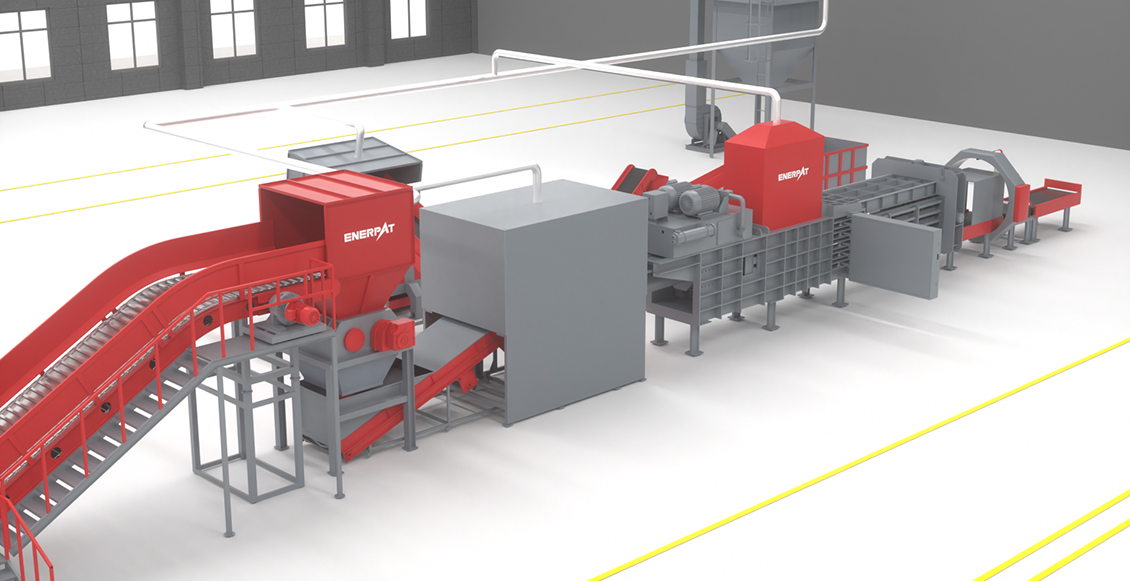 Plastic Film Washing and Pelletized Line
Plastic Film Washing and Pelletized Line
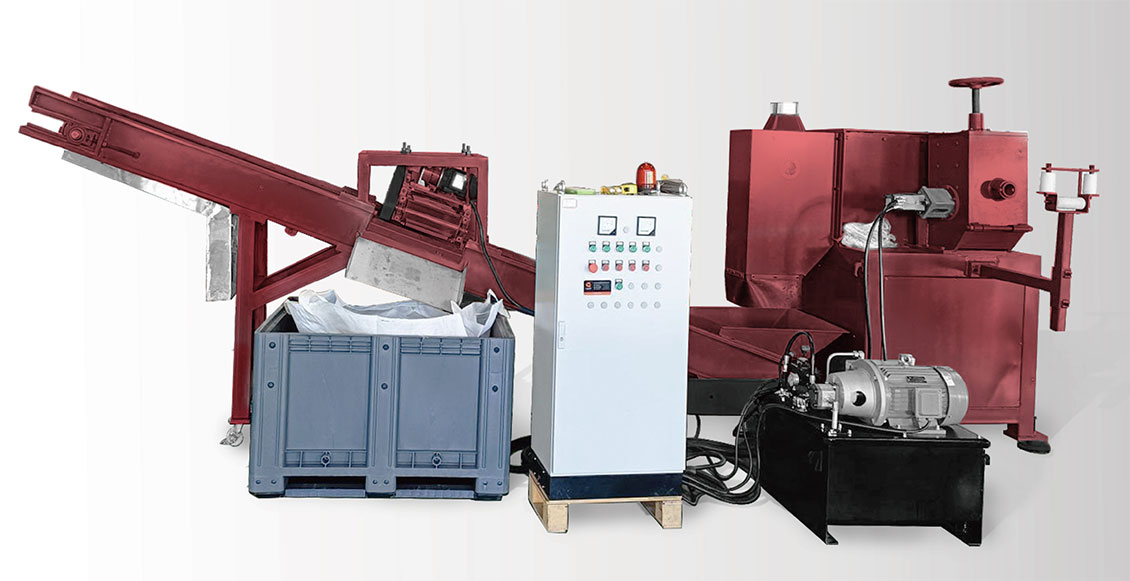 ACSR Recycling Solution
ACSR Recycling Solution
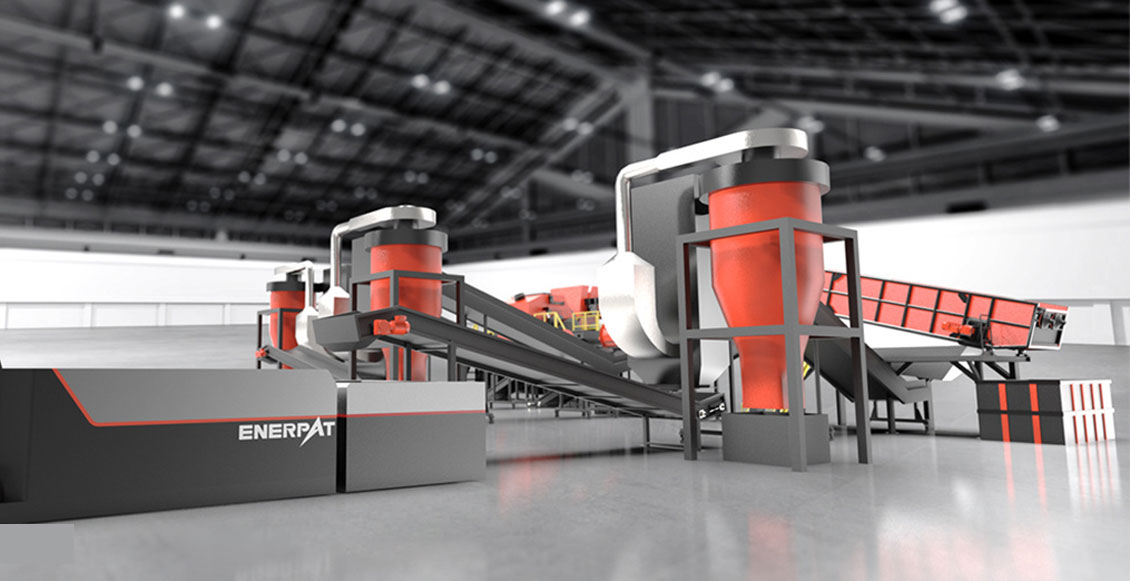 Cast Aluminum Shredding and Recycling Line
Cast Aluminum Shredding and Recycling Line
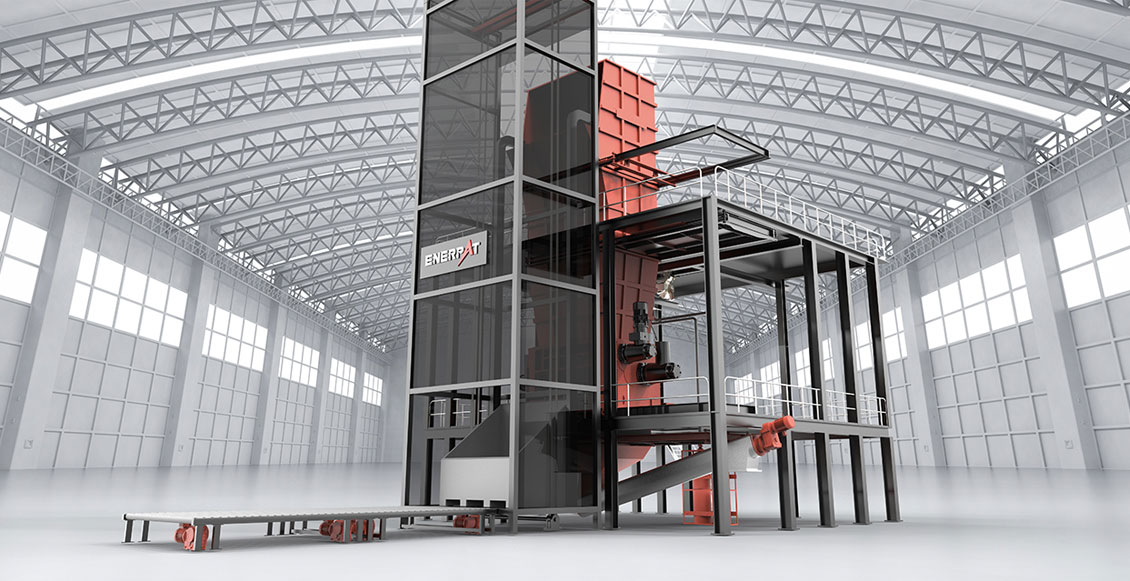 Lithium Ion Battery Recycling Plant
Lithium Ion Battery Recycling Plant
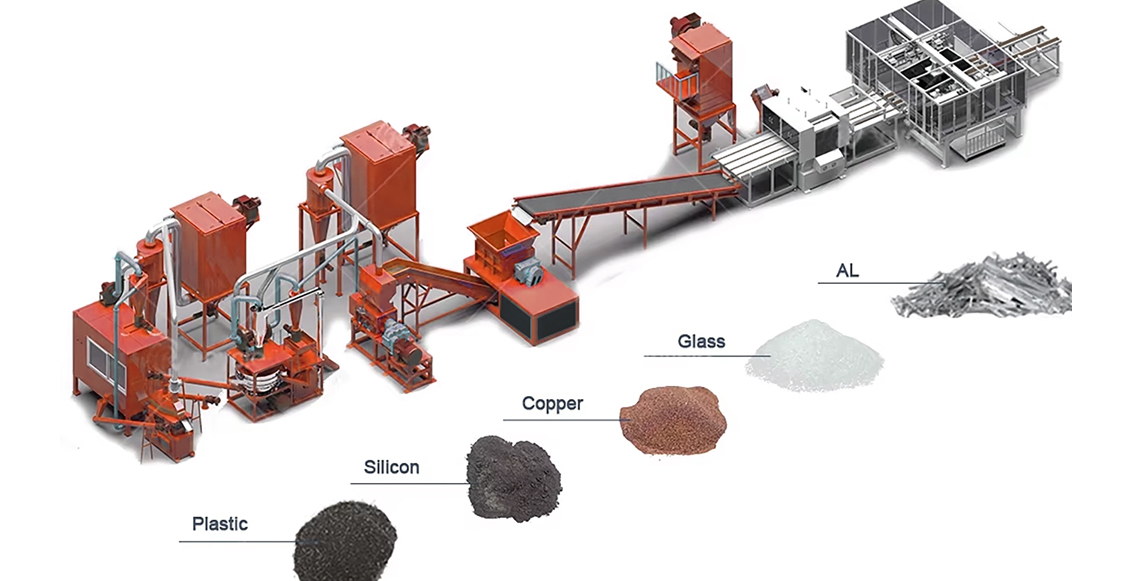 Solar Panel Recycling Equipment Line
Solar Panel Recycling Equipment Line
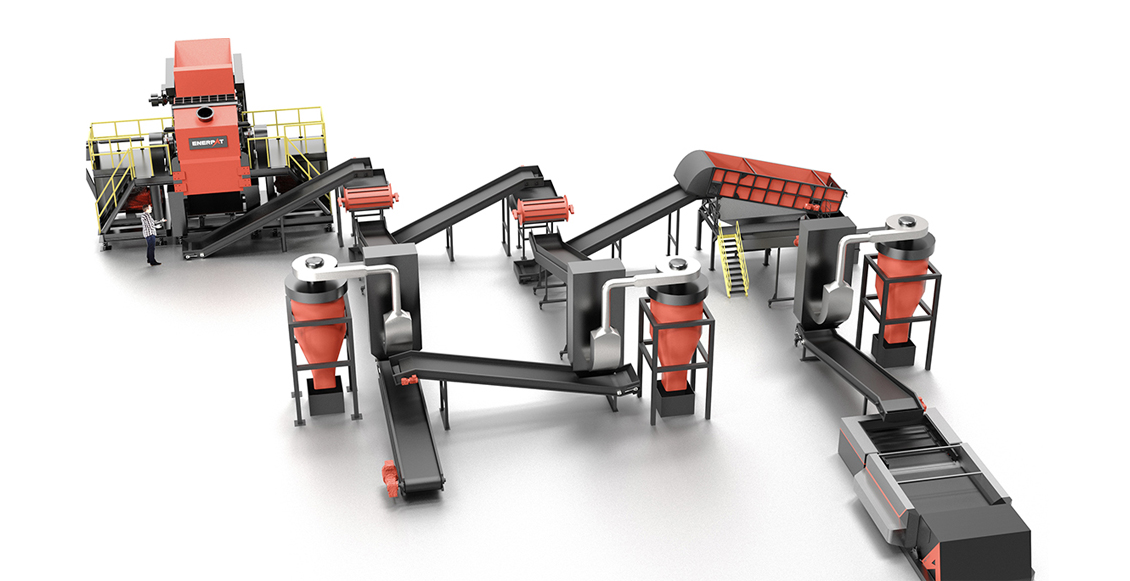 Aluminium Scrap Recycling Plant
Aluminium Scrap Recycling Plant
-
APPLICATIONS
APPLICATIONS
ENERPAT manufactures recycling machines that create more possibilities for different waste materials, such as wood, plastic, textile, metal, electronic waste, scrap cardboard, scrap furniture, tire, medical waste, municipal solid waste, industrial solid waste, construction & demolition waste etc.
-
PROJECTS
PROJECTS
ENERPAT has established cooperation with a great number of customers across the world, including many large and well-known enterprises.
-
SALES AGENT
SALES AGENT
If you are competent and interested in joining us as a sales agent, we are ready to answer any questions you may have at any time. Just contact us at your convenience.
-
NEWS
NEWS
Want to know more about ENERPAT in exhibitions by yourself? Please check the trade show information here and welcome to visit us!
-
ABOUT US
ABOUT US
ENERPAT has been specializing in waste shredding and recycling for over 80 years to maximize the value for customers of various waste materials by turning them into wealth in the most favorable way.
- CONTACT US


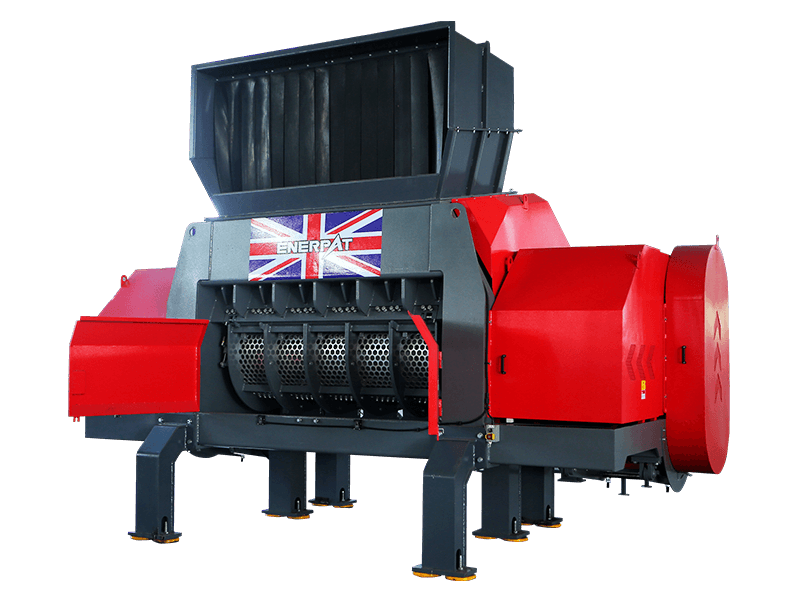 Single Shaft Shredder
Single Shaft Shredder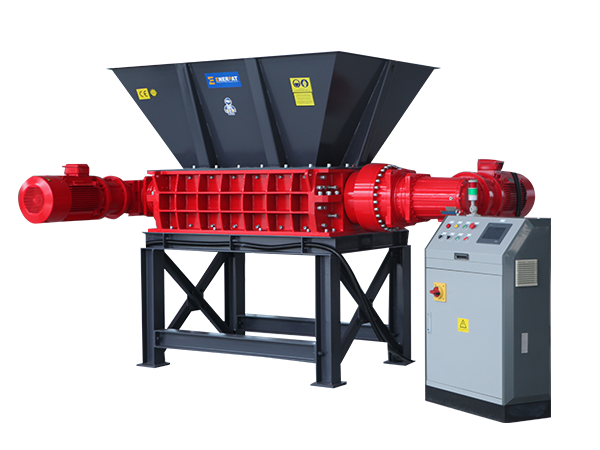 Two Shafts Shredder
Two Shafts Shredder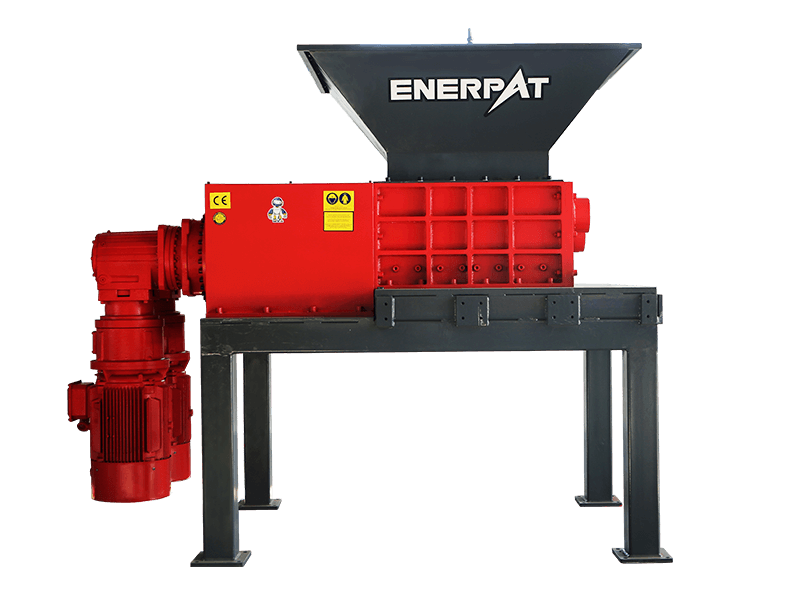 Four Shafts Shredder
Four Shafts Shredder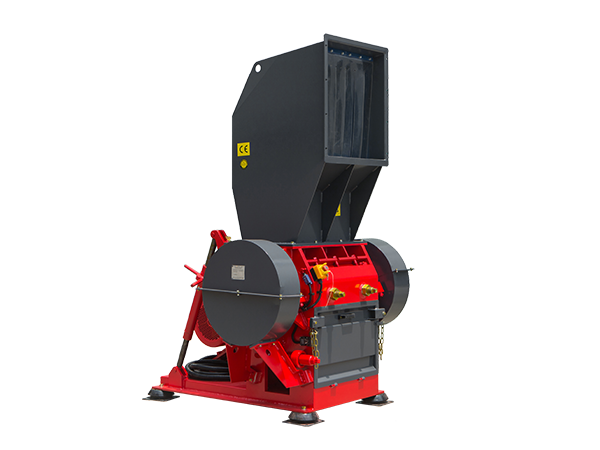 Granulator
Granulator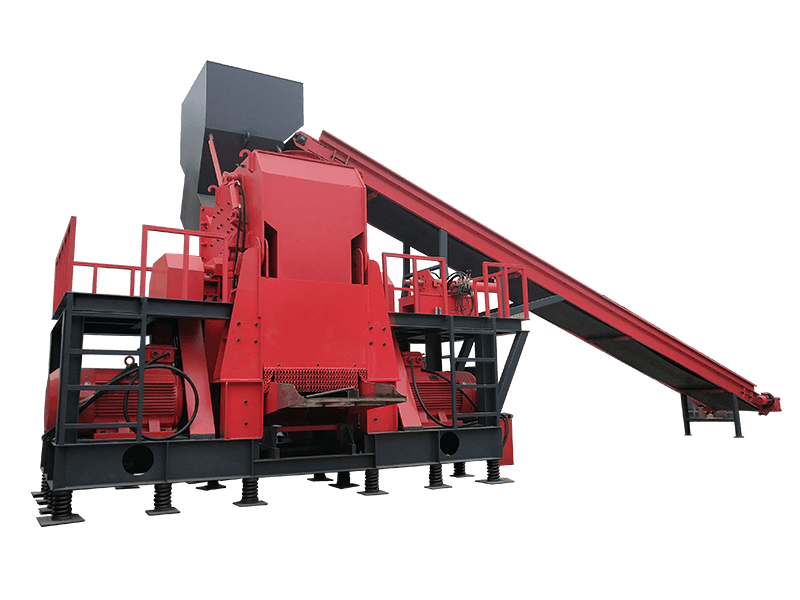 Hammer Mill
Hammer Mill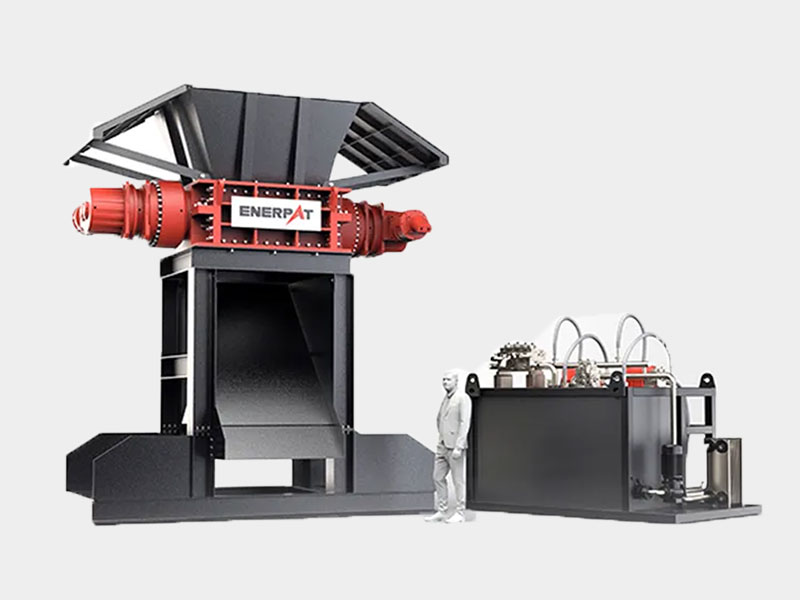 Hydraulic Shredder
Hydraulic Shredder
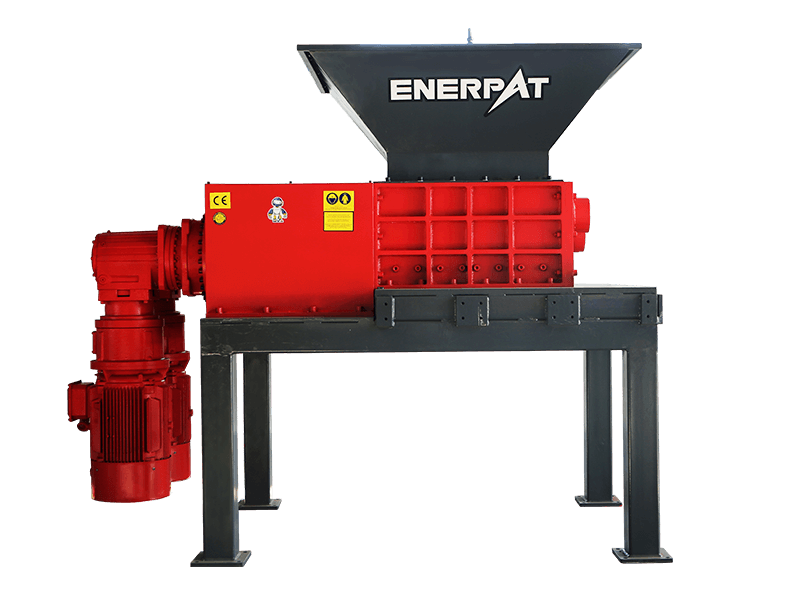
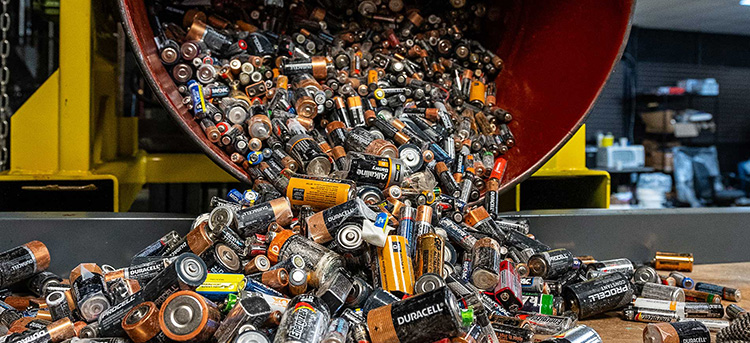
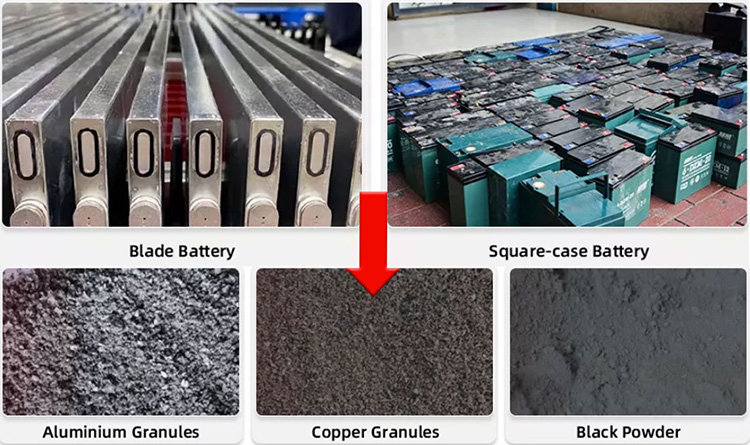
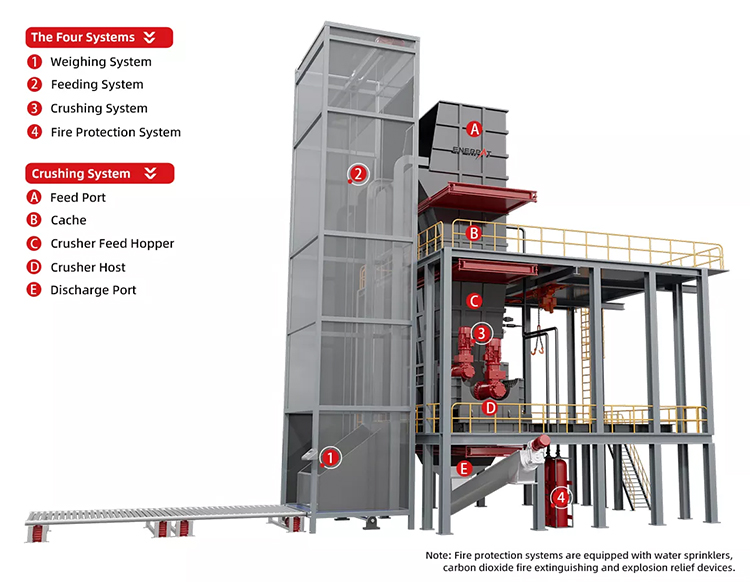
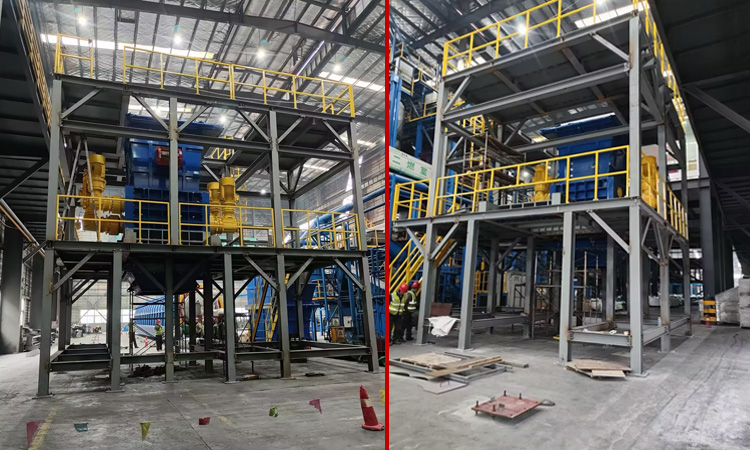







 Email:
Email:  Phone(Whats App):
Phone(Whats App): Add:
Add:
 Whatsapp
Whatsapp